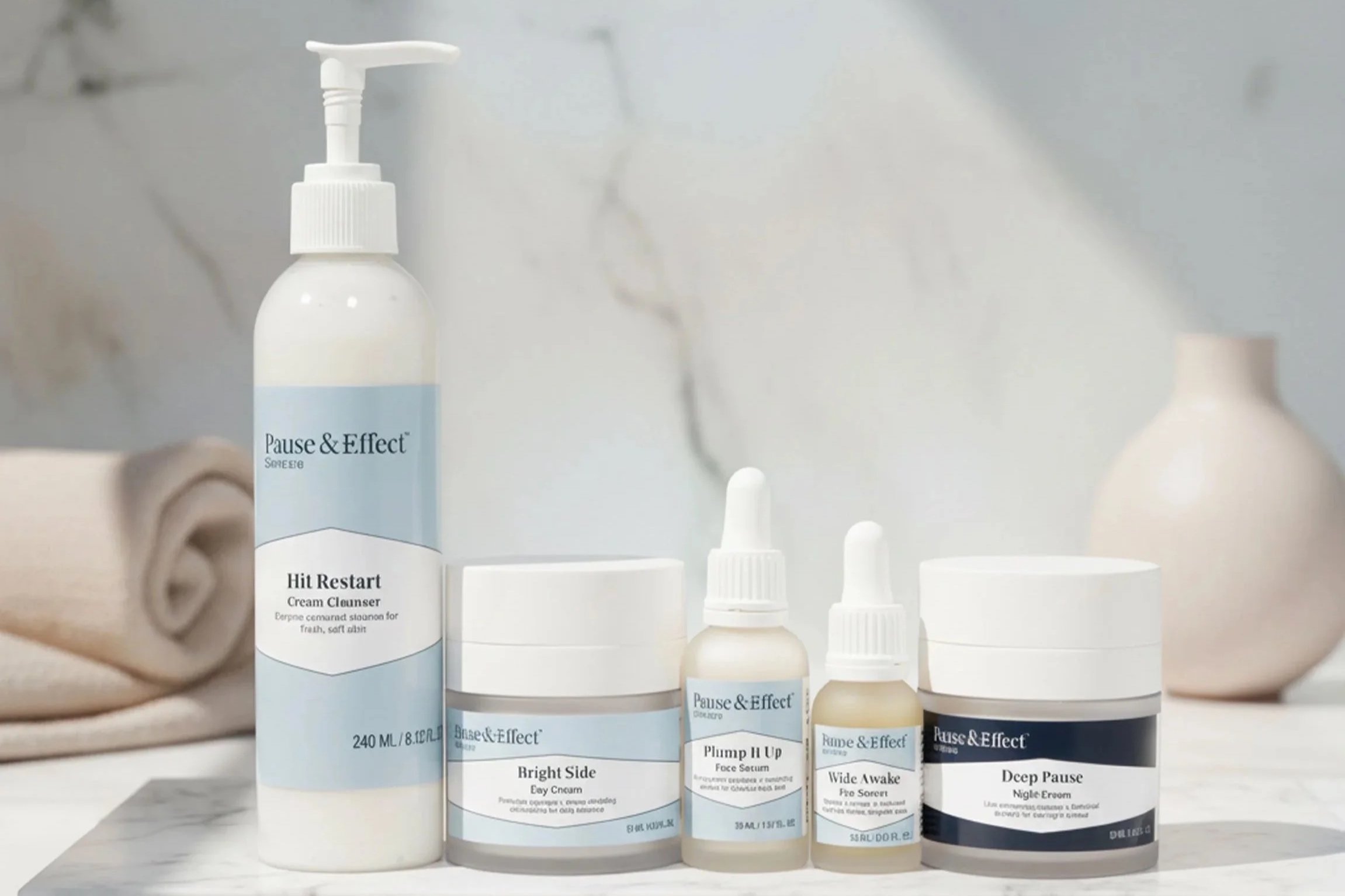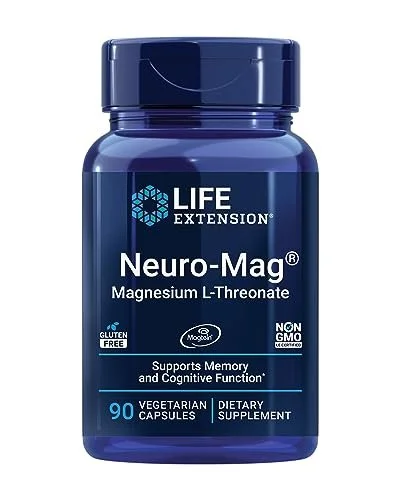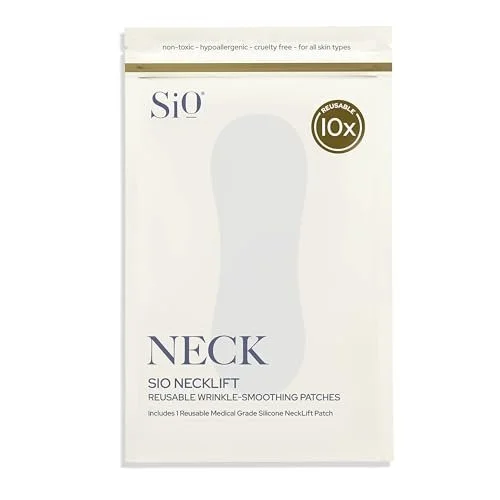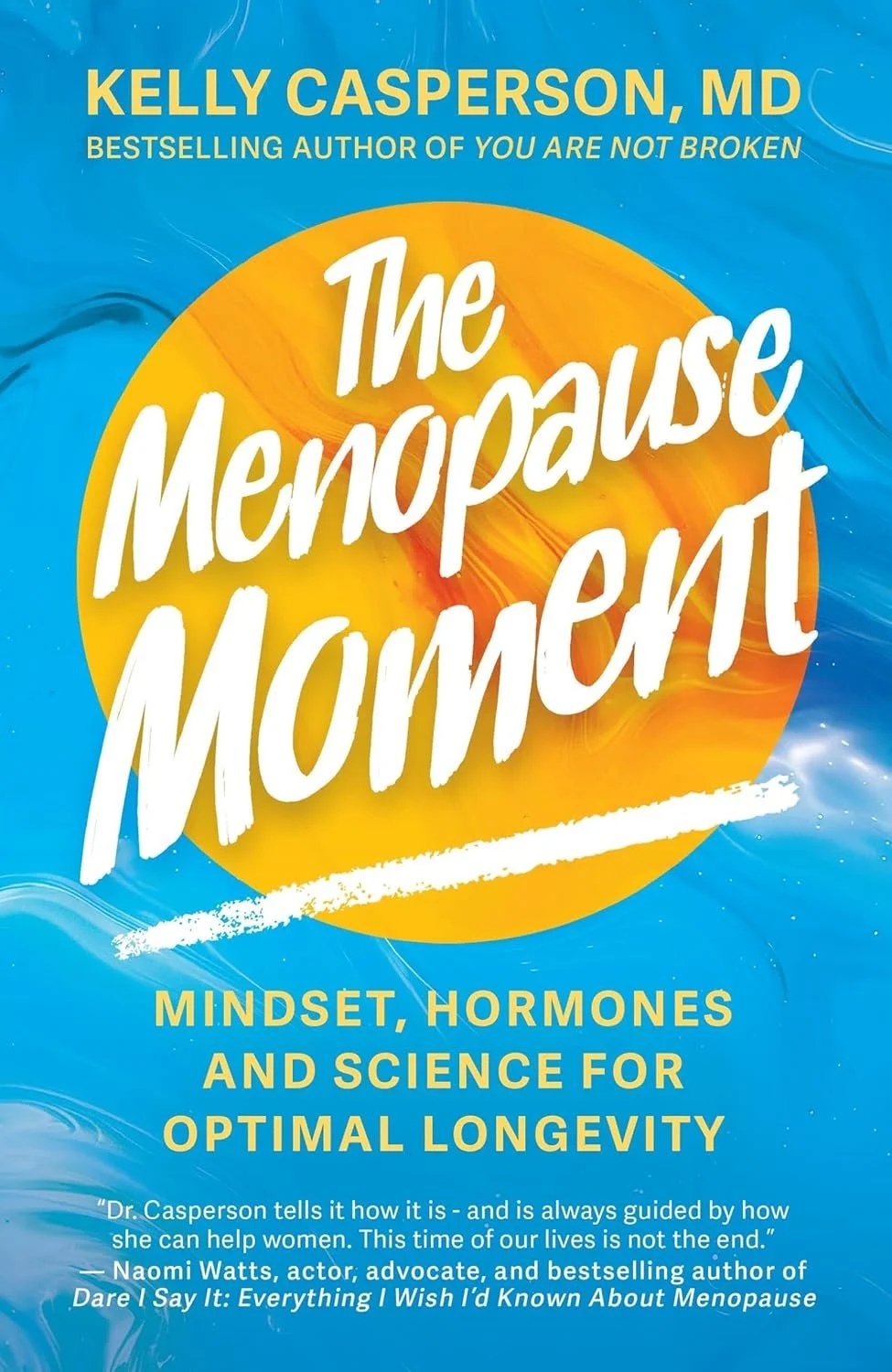Menopause Support You Can Understand & Trust
Practical coaching, education, and tools for women and partners navigating this life transition
Kath Norton is a certified menopause coach and the founder of The Menopause Store. She supports women and their partners through perimenopause and menopause by translating complex hormonal changes into clear, practical guidance.
Coaching is the foundation of this work. It informs the education, resources, and product recommendations you will find here, including skincare created with real hormonal changes in mind.
Ways to Work With Me
1:1 Coaching for Women
Personalized support for women navigating perimenopause or menopause.
1:1 Coaching for Partners
Guidance for partners who want to better understand menopause and offer support.
Speaking & Podcasts
Educational talks and conversations for groups, workplaces, and audiences.
Home of Pause & Effect™ Menopausal Skincare
Pause & Effect™ Skincare is designed specifically for collagen- and hormone-depleted skin. Powered by peptides, antioxidants, and plant actives, each formula supports firmness, hydration, and skin resilience so your skin feels stronger, smoother, and more comfortable through menopause.
Pause For Thought
Stay Connected










Contact Us
If you are looking for something specific I would love to hear from you. Promise I will get back to you personally!
























